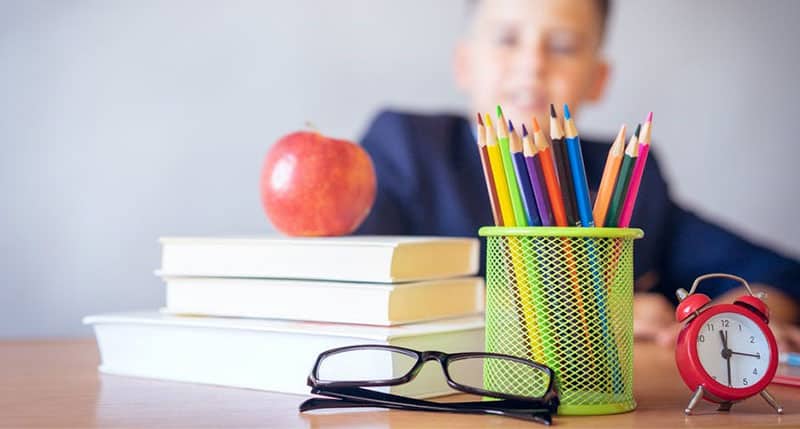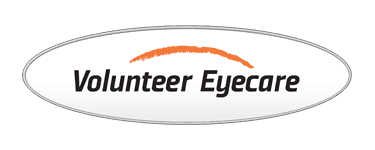
11 Aug How Vision and Learning Go Together
It’s back-to-school season. And whether that means in-person or virtual learning for the students in your school district, the vision needs and capabilities of school-age children remain the same. Making sure that your child has the visual skills necessary to learn effectively is an important consideration as the learning season begins.
Children ages 6 to 18 require specific visual abilities to ensure they succeed at school. Vision is closely connected to the ability to learn.
August is Vision and Learning month. You may be surprised to learn that one in four students have an undiagnosed vision problem that hinders their ability to learn.
According to the Vision Council, 80% of what your child learns is associated with information coming in through their visual system. Vision empowers the ability to read, write, see work on the chalkboard or screen, and use computers and other learning aids that teachers employ to help your child learn.
Your child sees the wonder of the world and takes in information constantly through their visual system. If their eyes aren’t working well together or their visual system isn’t functioning at its best, their participation in classroom activities, sports and school lessons can be severely impacted.
The necessity of having good vision increases as children grow and change. As they advance from one grade to the next, they spend more and more time reading textbooks. Often, the text size in those books becomes smaller at the same time as the amount of time they spend reading and studying increases.
These additional tasks and time spent reading place new demands on your student’s eyes. That’s why it’s essential to be sure your child has excellent visual acuity. In addition, they must also possess the focusing, tracking, eye teaming and visual perception skills that enable them to read and comprehend what teachers are asking them to learn.
In short, good vision is paramount to your child’s ability to thrive in both a classroom or virtual learning setting.
Is vision screening enough to ensure my child’s vision is strong?
The short answer is, no, a vision screening isn’t enough to be sure your child’s vision is at its best.
Because they are growing and changing so quickly, your child’s visual system can change quickly, too. The American Optometric Association recommends that school age kids have a comprehensive eye exam with an optometrist every year.
To be clear, school vision screenings are not the same as a comprehensive eye exam with an optometrist. Even if your child passes a vision screening, it’s important that they have a comprehensive optometric exam. This will ensure that their eyes work together well and provide them with the visual information necessary to learn effectively.
5 Common signs of childhood visual problems
The most common vision issue that schoolkids experience is blurry vision. This could mean that they have farsightedness and can’t see the text in their books or on their screens clearly. It could also mean that they are experiencing nearsightedness and can’t see the teacher writing on the chalkboard across the room. Both of these conditions are easily corrected with prescription glasses.
Here are 5 common signs of childhood visual problems:
- When reading, your child rereads lines or skips lines in the text.
- After reading something, your child can’t explain what they read or answer questions about what they’ve just read—a hallmark of poor reading comprehension.
- Your child confuses letters while reading, which might mean they reverse letters such as “d” and “b” in the text.
- The teacher says the homework assignment should take 15 minutes–but it takes your child significantly longer to complete it.
- Your child gets easily frustrated while reading and has a very short attention span while doing schoolwork.
These are strong indicators that your child needs help with a visual problem. However, even if your child isn’t exhibiting any of these symptoms, every child should have the benefit of a comprehensive eye exam each year to be sure they’re seeing their best.
Now is the ideal time to bring your child into our office for their annual comprehensive eye exam. We’ll make sure their eyes are working together as a team to provide the wide array of visual cues they need to succeed in the classroom—whether their classroom is in-person or virtual.



Sorry, the comment form is closed at this time.